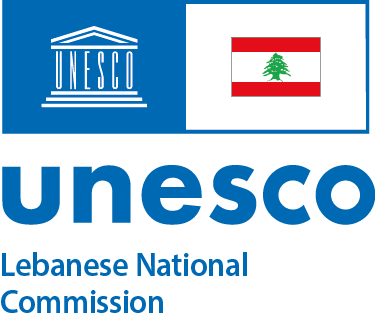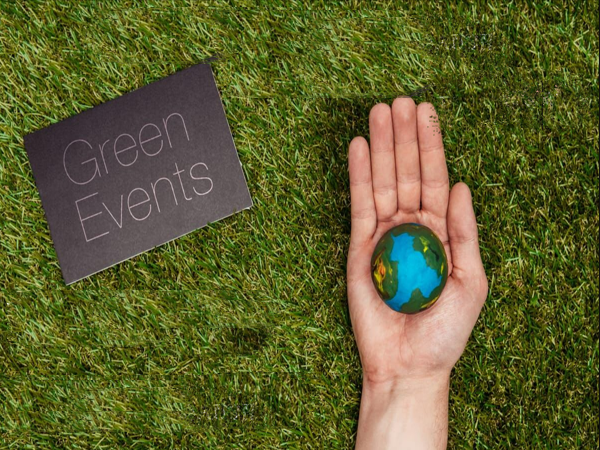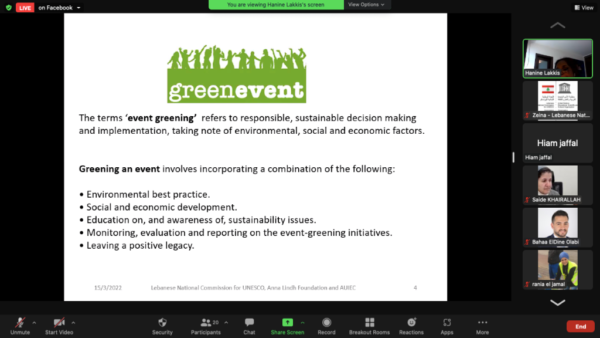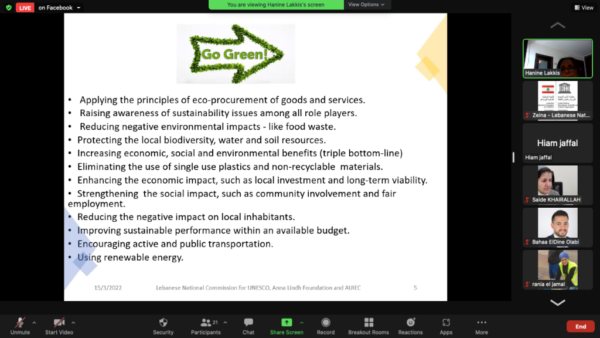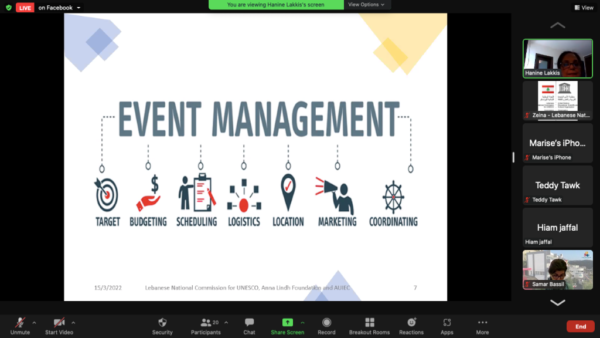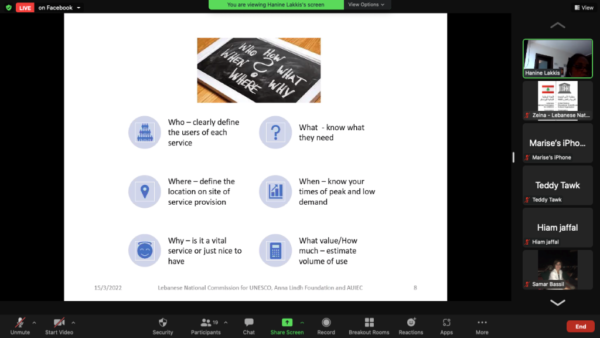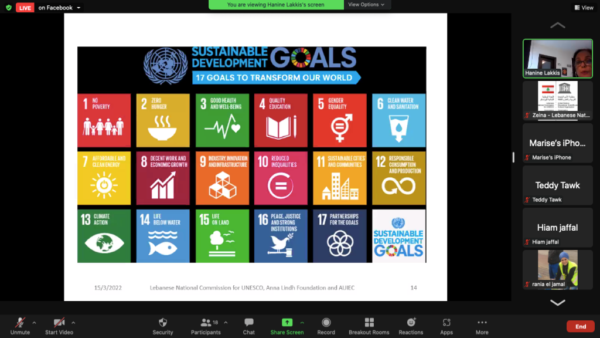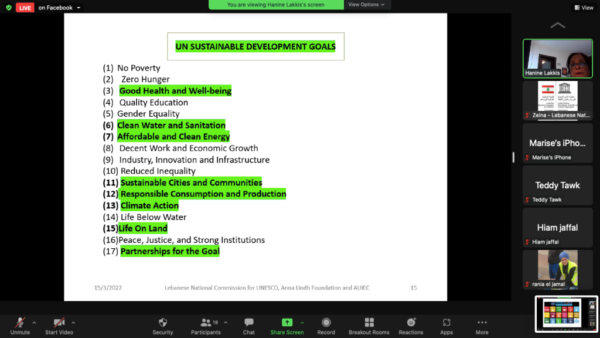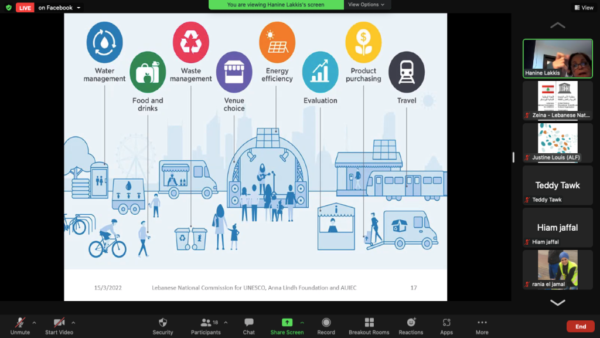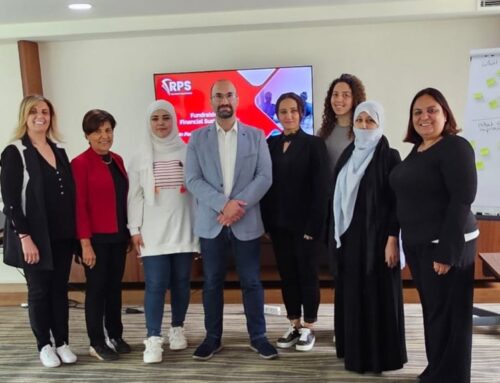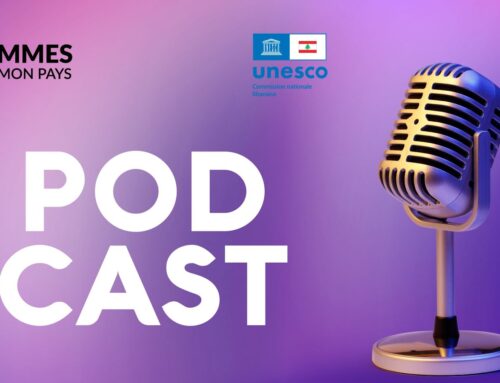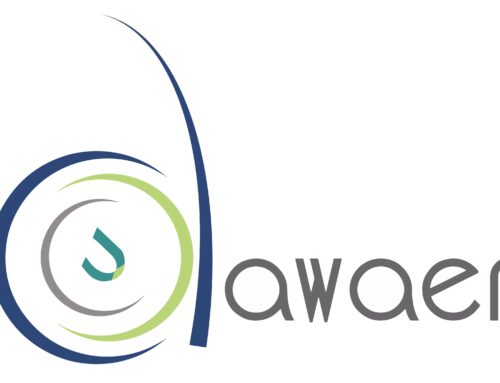Green events are events that take systematic approaches to the minimization of resource waste and the promotion of sustainability. Since events can exhaust the environment to a great extent, they become focal points for sustainability concerns.
Recent research has begun to examine the ways in which events and especially festivals can play a more positive role in terms of their environmental and social performance. As a matter of fact, festivals of all types have the potential to impact on the environment and on the host community both positively and negatively, especially that they are growing in number, both in terms of the absolute number of events, and in terms of numbers attending events. Whilst the negative impacts of these festivals are commonly reported as excess waste, pollution and overcrowding.
The United Nations Environment Program (UNEP) defines a green economy as one that results in “improved human well-being and social equity, while significantly reducing environmental risks and ecological scarcities”. This clearly links the green economy with both the natural and built environment and with communities and societies all over the world. In this sense, there are a number of environmental measures that events can include, such as waste management strategies, recycling and water conservation measures, but there is also a growing range of more innovative steps that events can take to be more environmentally friendly. Several schemes have been undertaken by different events to make a positive difference to the community which hosts the festival, including training and skills development for the local workforce, and measures designed to optimize the opportunities for social inclusion.
Aware of the importance of implementing sustainable practices to minimize or prevent environmental impact, the Lebanese National Commission for UNESCO, as the Head of the Lebanese network, with the support of the Anna Lindh Foundation, organized an online workshop on “Green Events” presented by Ms. Hanine-K Lakkis, from the Arab Union for International Exhibitions and Conferences (AUIEC).
The main scope of this workshop was on sustainability and social responsibility and the tremendous opportunity to make any high-profile event a platform for increasing public awareness about eco-friendly alternatives available and the importance of recycling. It has also shed the light on the importance of greening events and its impact at the social, environmental, and economical levels.
Participants were also introduced on the systematic guidelines to make sustainable choices so that events produce as little waste and greenhouse gas emissions as possible and the approaches to take minimize the resource waste and promotion of sustainability affirming the commitment to the accelerated action plan aligned with the UN’s 17 Sustainable Development Goals (SDGs).
The discussion also entailed on some guidelines on the proper sorting of recycling, reducing food waste, saving water, eliminating the use of single use plastics and non-recyclable materials, promoting post- consumer recycled content in plastic bags, encouraging active and public transportation, and using renewable energy.
The full video of the workshop posted on Facebook is available here.
